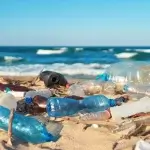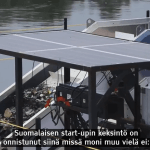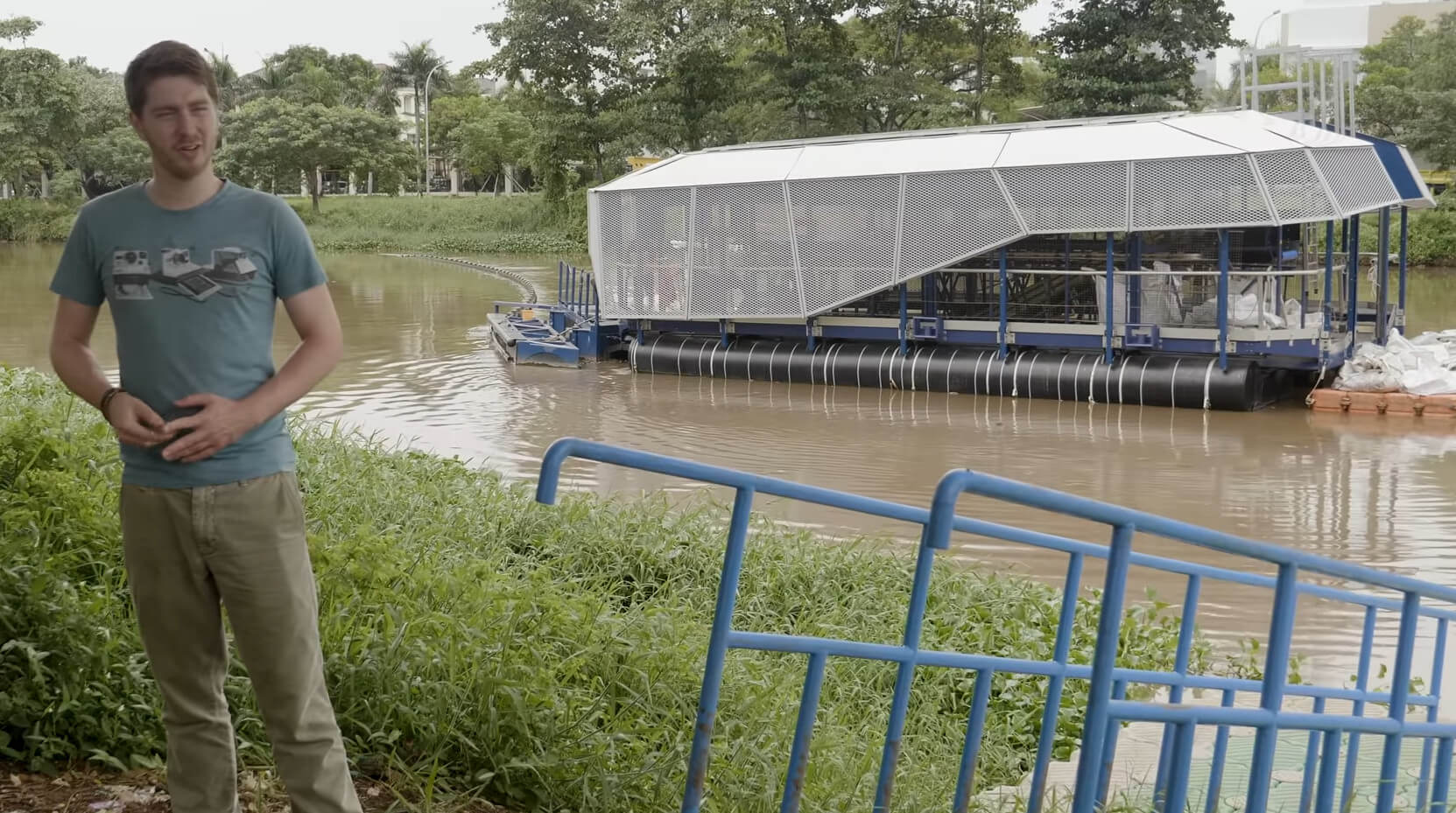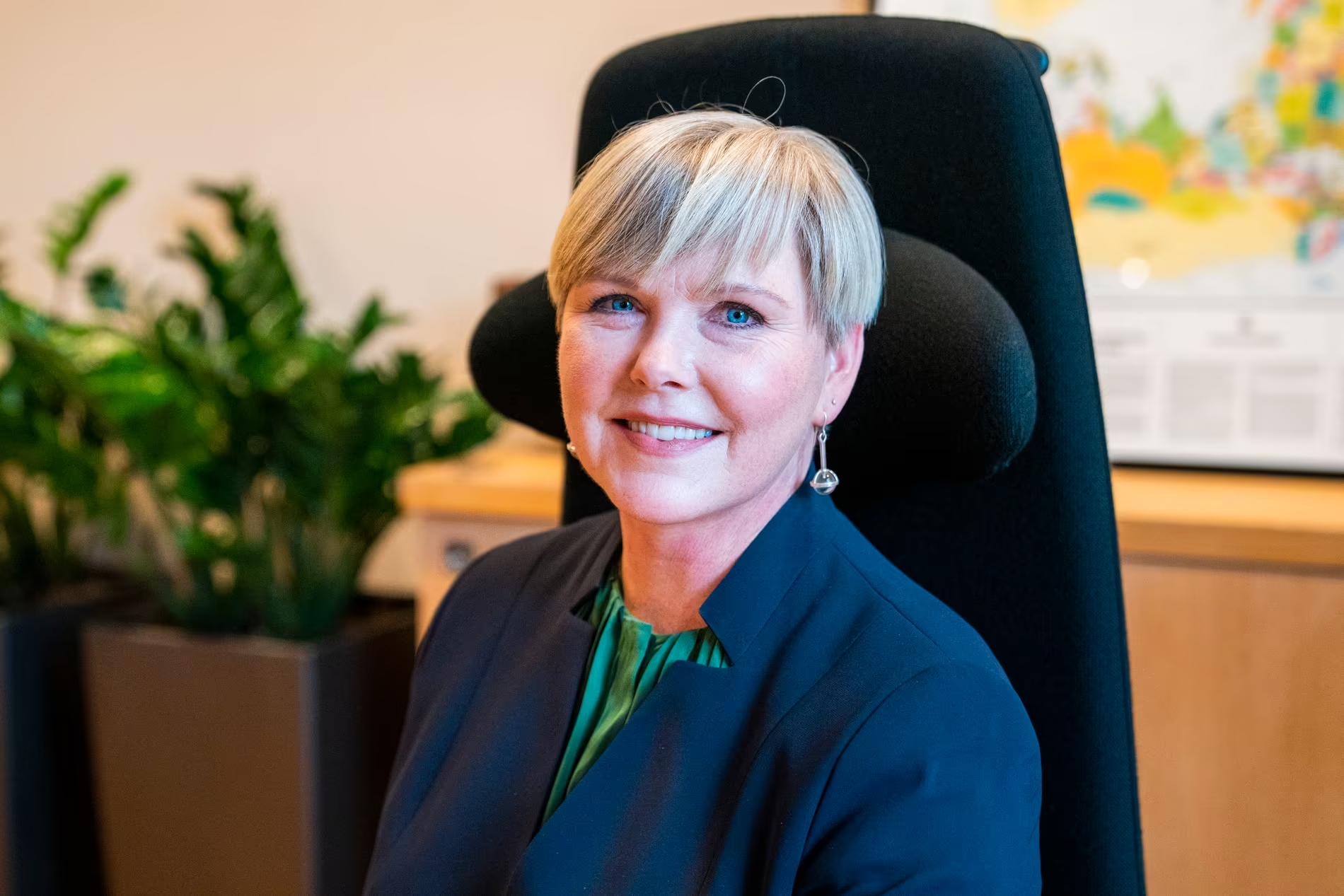Plastic Pollution In Indonesia
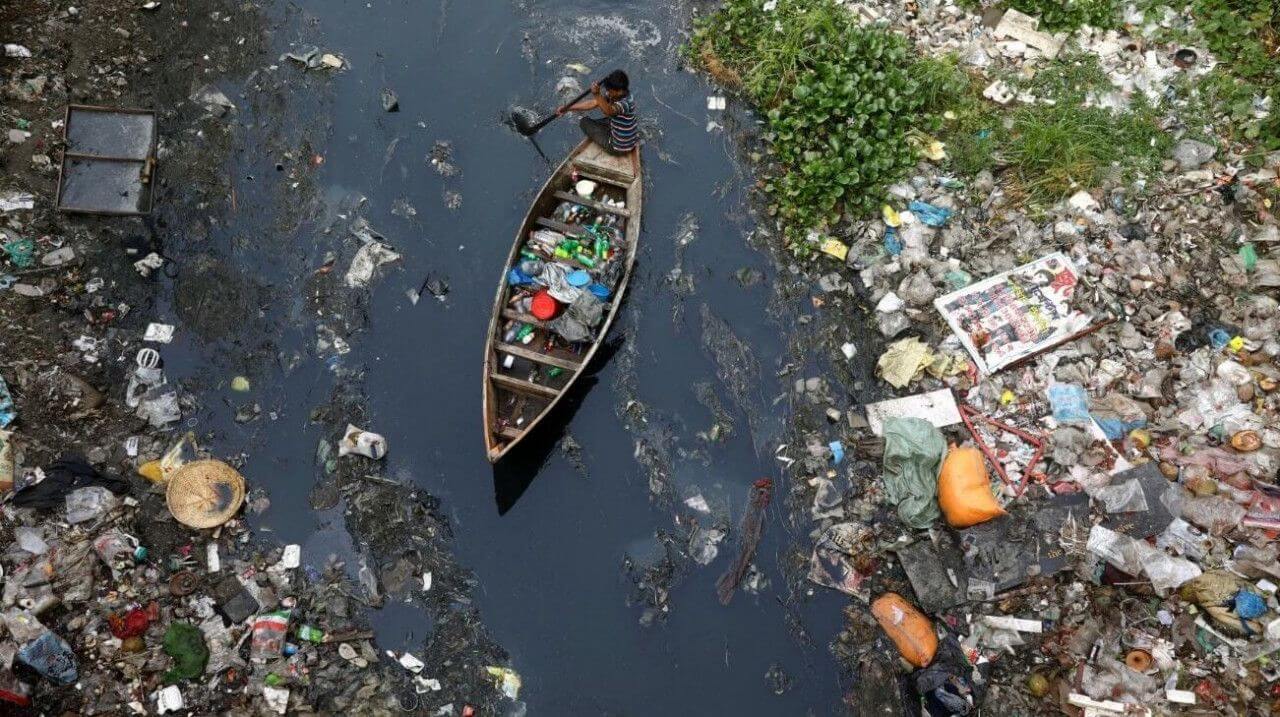
River Recycling Initiatives
eyesonindonesia
Amsterdam, May 10th 2023– Plastic pollution has emerged as a global environmental crisis, with rivers serving as significant contributors to the problem. In Indonesia, a country known for its diverse river systems, the issue of plastic waste poses a serious threat to both the environment and public health.
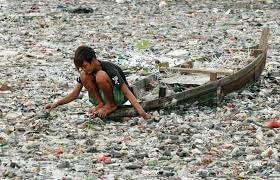
To combat this challenge, innovative river recycling initiatives have been implemented across the archipelago, aiming to reduce plastic pollution at its source. This article explores some of the notable river recycling efforts in Indonesia and their impact on the environment and local communities.
The Problem of Plastic Pollution in Indonesian Rivers:
Indonesia is the world’s second-largest contributor to marine plastic pollution, with an estimated 1.29 million metric tons of plastic waste entering its oceans annually. Rivers play a crucial role in carrying plastic waste from inland areas to coastal regions, exacerbating the problem. This pollution poses a severe threat to marine ecosystems, wildlife, and human health, necessitating urgent action.
The Role of River Recycling Initiatives:
River recycling initiatives in Indonesia focus on intercepting plastic waste before it reaches the oceans. These initiatives employ various methods to collect, sort, and recycle plastic waste from rivers, engaging local communities in the process. By addressing the issue at the source, these initiatives aim to prevent further pollution, promote sustainable waste management practices, and create a circular economy for plastic materials.
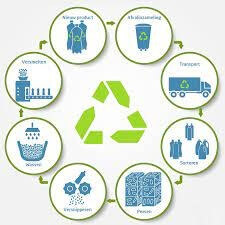
Case Studies of River Recycling Initiatives:
a. The Citarum River: Located in West Java, the Citarum River has been dubbed the most polluted river in the world. In response to this environmental crisis, the Indonesian government launched the Citarum River Cleanup Program in 2018. This initiative combines the efforts of the military, local communities, and environmental organizations to remove plastic waste from the river and implement waste management systems.
b. The Brantas River: The Brantas River, flowing through East Java, faces similar challenges. Here, the Brantas Abadi Foundation has been actively engaged in river recycling efforts. The foundation collaborates with local communities, fishermen, and recycling companies to collect plastic waste, raise awareness, and promote sustainable practices along the riverbanks
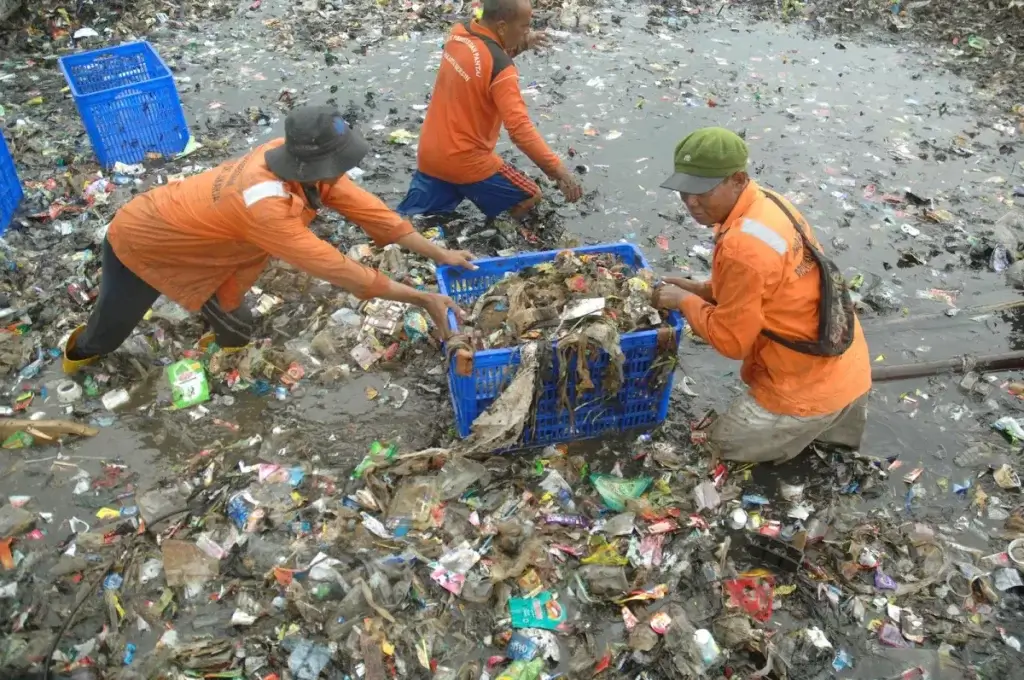
Impact and Challenges
River recycling initiatives in Indonesia have shown promising results in reducing plastic pollution.
These initiatives not only remove plastic waste from rivers but also create employment opportunities for local communities involved in the collection and recycling processes. Additionally, raising awareness about plastic pollution and promoting sustainable waste management practices contributes to long-term behavioral changes.
However, challenges such as limited funding, insufficient infrastructure, and changing consumer habits still need to be addressed for these initiatives to have a more significant impact.
The Way Forward:
To further strengthen river recycling efforts, collaboration among government agencies, NGOs, businesses, and local communities is crucial. Increased investment in waste management infrastructure, the establishment of recycling facilities, and the implementation of stricter regulations regarding plastic usage and disposal are essential steps. Education and awareness campaigns should also be intensified to encourage sustainable practices and promote a circular economy for plastic materials.
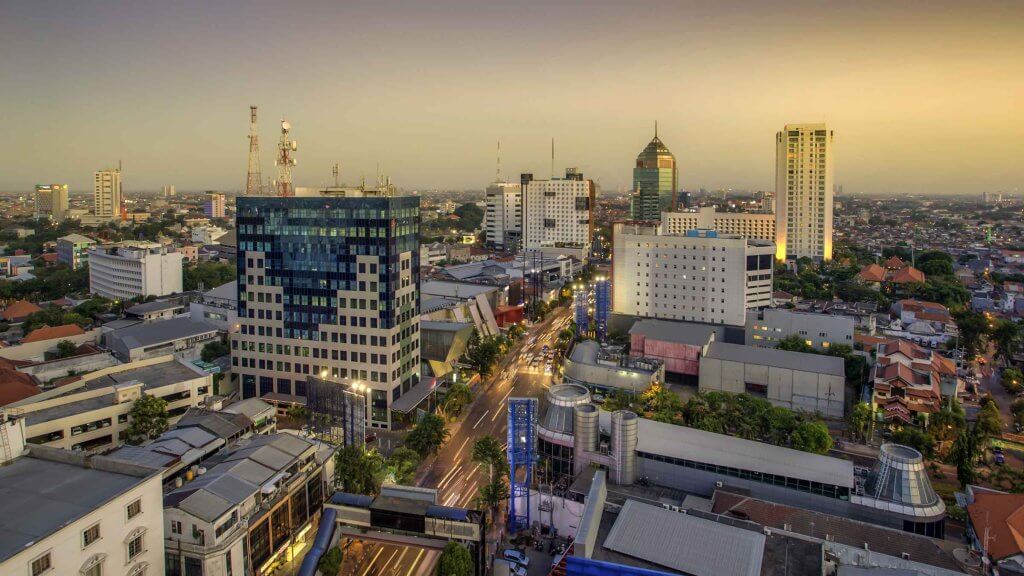
Indonesia’s river recycling initiatives offer hope in the battle against plastic pollution. By targeting the source of the problem, these initiatives strive to mitigate the environmental and health hazards caused by plastic waste in rivers. However, continued support, investment, and collaboration are necessary to scale up these efforts and create a sustainable future where rivers are free from plastic pollution.
Read also about Plastic Waste Management in Suriname.
eyesonindonesia


